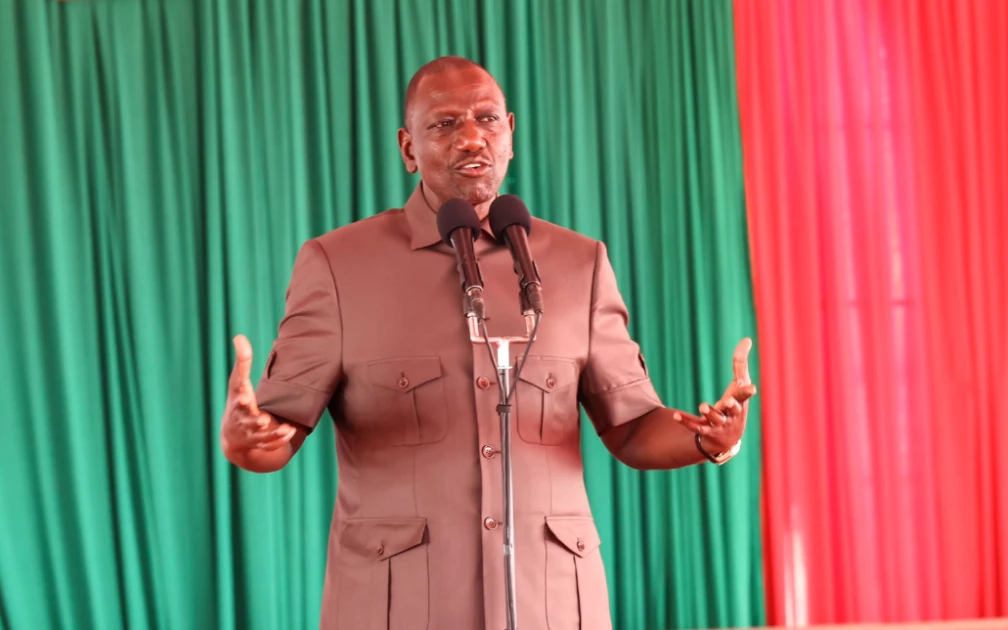President William Ruto has announced a landmark government framework to compensate civilians and security personnel who suffered injuries or lost their lives during demonstrations and public protests in Kenya since 2017.
In a presidential proclamation issued on Friday, Ruto said the initiative seeks to strike a balance between protecting constitutional freedoms and promoting civic responsibility, while addressing the human and economic costs of political unrest.
“The Constitution guarantees the right to demonstrate and picket, but some protests have regrettably turned violent, resulting in bodily harm and loss of life,” the statement read.
The 120-day programme will be spearheaded by the Executive Office of the President in partnership with the Office of the Attorney General, the Ministry of Interior and National Administration, the National Treasury, and other relevant agencies. Ruto appointed Prof. Makau Mutua, Senior Advisor on Constitutional Affairs and Human Rights, as the principal coordinator of the exercise.
The framework will not only compensate civilians but also police officers injured in the line of duty during public unrest. It will develop mechanisms for accountability, redress, and reparations, ensuring that victims and their families receive recognition and support.
Compensation for victims of protests, alongside the preservation of the right to peaceful assembly, was among the 10-point agenda items agreed upon by President Ruto and opposition leader Raila Odinga during the formation of the broad-based government.
While the proclamation provides an administrative structure, key details remain undisclosed — including the criteria for identifying eligible victims, the scale of compensation, and the funding model for the initiative.
The move comes amid longstanding debates over the state’s handling of public protests, many of which have escalated into violent confrontations between demonstrators and police. Human rights groups have repeatedly called for justice for victims, citing excessive use of force and inadequate support for affected families.
By launching this framework, Ruto’s administration signals an effort to foster national healing, uphold constitutional rights, and strengthen trust between citizens and the state. However, observers note that the success of the programme will depend on its transparency, inclusivity, and ability to deliver timely reparations.
The first steps in the 120-day programme are expected to begin immediately, with the government promising to unveil more details in the coming weeks.

